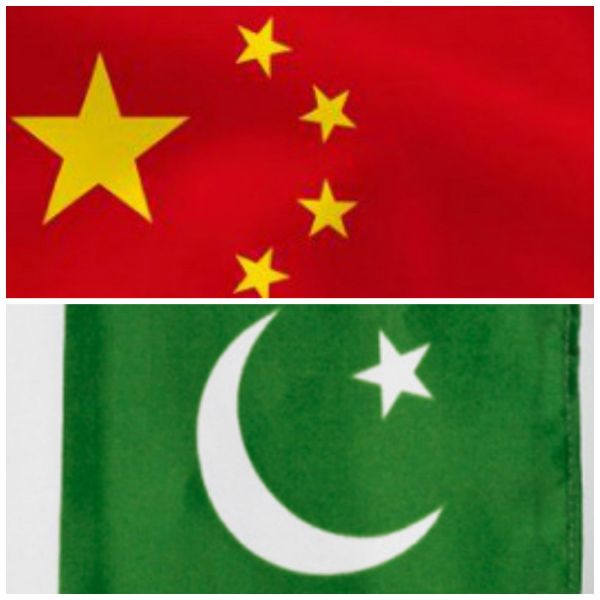Is Pakistan being pushed into a corner by China with regard to the recently signed bilateral economic corridor deal? It certainly appears to be so, with highly placed sources saying the pact has run into rough weather.
According to them, China has reportedly placed Pakistan in a financial bind, with the latter apparently failing to comprehend the finer aspects of the agreement linked to the landmark project.
These highly placed sources say that to begin with, the funding from China will be in the form of loans offered at very high rates of interest, in most cases, higher than other commercially available options.
ppears to have been overwhelmed by real politick.
The sources further state that China not only wants better than market returns for the money being invested in the proposed China Pakistan Economic Corridor (CPEC), but also wants Islamabad to select only Chinese firms for all CPEC-related contracts.
For instance, business rivals of China are being quoted, as saying that Beijing is putting pressure on Pakistan to make sure that work related to the Gwadar Port Development Project is given only to a Chinese company selected by Beijing.
Officials in Pakistan have reportedly railed against such interference, but the missive from China appears to be clear, no Chinese company means no project, and therefore, no money.
According to the highly-placed sources, Pakistan, as a result, has been left with no option except to hold up the tendering process which was to conclude on July 30.
With the process halted because of the Chinese firms only clause, the other contenders for the proposed economic corridor, including those from the United States, the Gulf and South East Asia, are in commercial limbo not of their making.
The sources say that Pakistan has lost face in the matter is of no consequence to China, and it is more than obvious that Beijing won’t countenance the possibility of a likely American presence at the strategically important Gwadar Port. Pakistan, therefore, can be expected to nominate a Chinese company sooner than later.
The CPEC was announced by China and Pakistan with much fanfare in April this year, during the visit of Chinese President Xi Jinping.
The CPEC is a 3000-km-long network of roads, railways and pipelines that will eventually link China’s Xinjiang Uygur region with Pakistan’s Gwadar Port.
This Belt and Road initiative is aimed at reviving the ancient trade routes that once spanned Asia, Africa and Europe.
Then, the leaderships of both countries were being wholeheartedly praised. China, especially, was being looked upon with awe for committing over $45 billion for the project.
India, on the other hand, was worried about projects in Pakistan-occupied Kashmir. Prime Minister Modi is reported to have mentioned his concerns with President Xi Jinping when he visited Beijing in May 2015.
Among the questions doing the rounds is why will a wily China commit such a huge amount of money with a country as unstable as Pakistan.
If looked at from Beijing’s perspective for instance, its access to the deep sea port of Gwadar in Balochistan, which is located at the mouth of the Persian Gulf, just outside the Strait of Hormuz, is beneficial, as it serves as the gateway for about 20 percent of the world’s oil.
Through Gwadar, China gains access to oil from the Middle East, and would be in a position to transport it via land or railway to the northwestern Chinese city of Kashgar, which located about 3000-kilometers away.
China has secured the right to operate the Gwadar Port for 40 years, and observers here are of the view that this has strong military possibilities for Beijing.
Operating out of Gwadar, also gives China access to Gulf countries, and a chance for it to consider building a naval base on the Arabian Sea in the future, sources have said.








